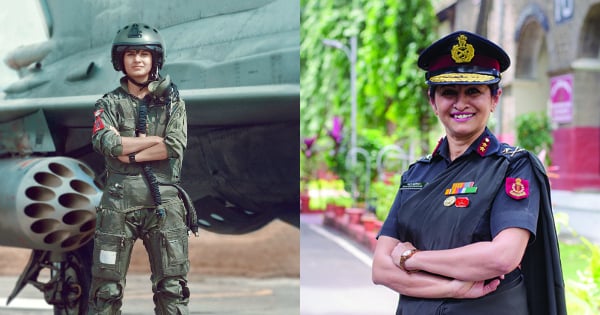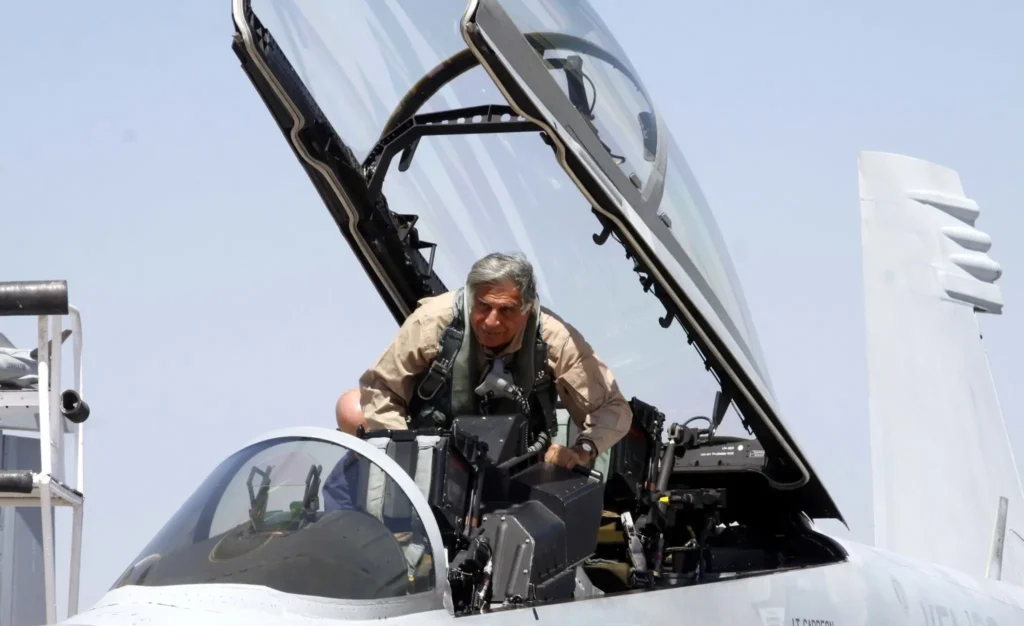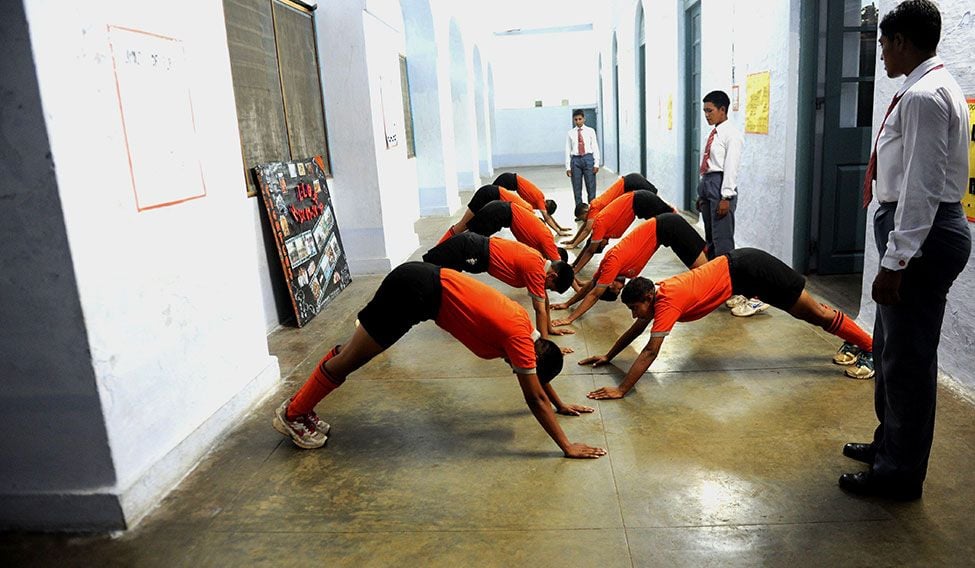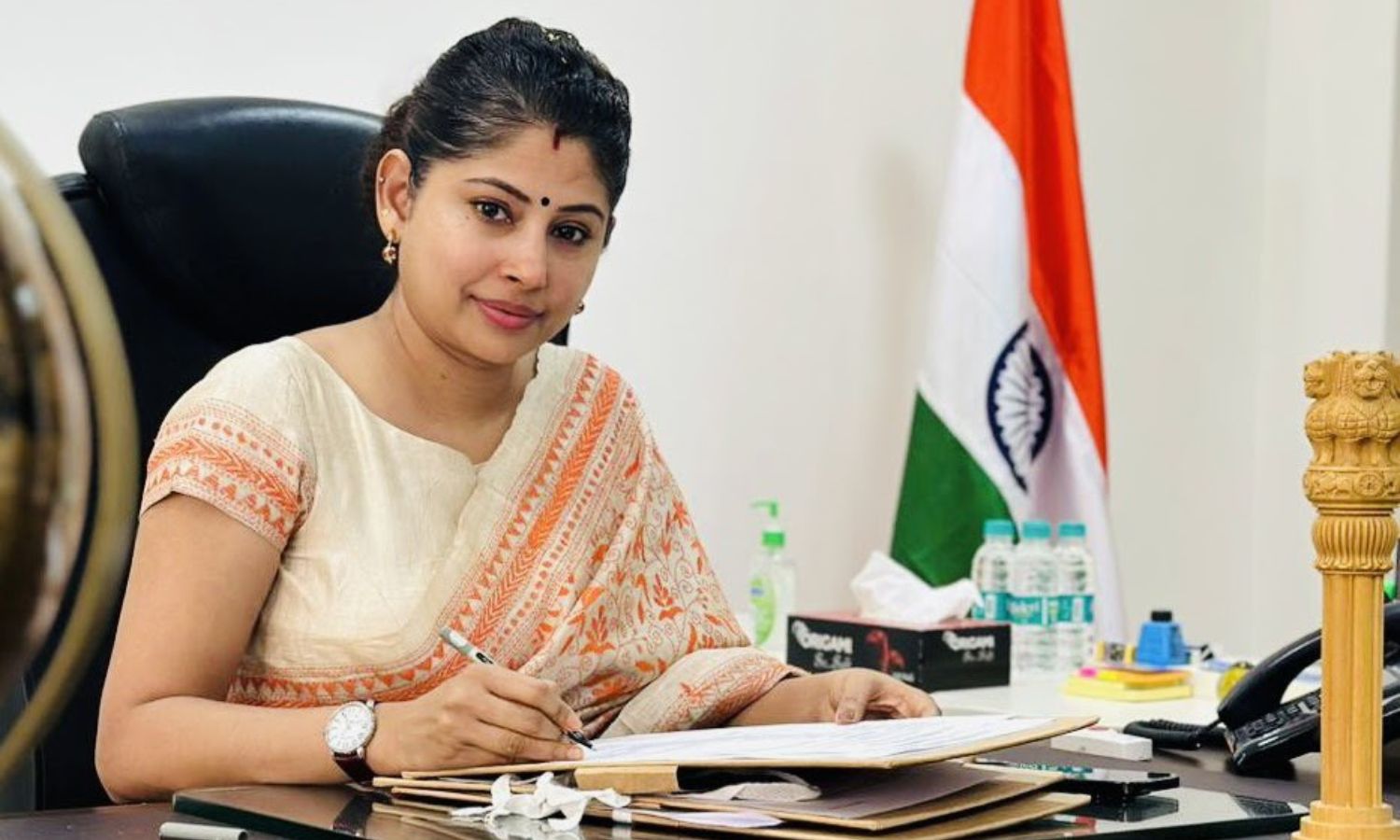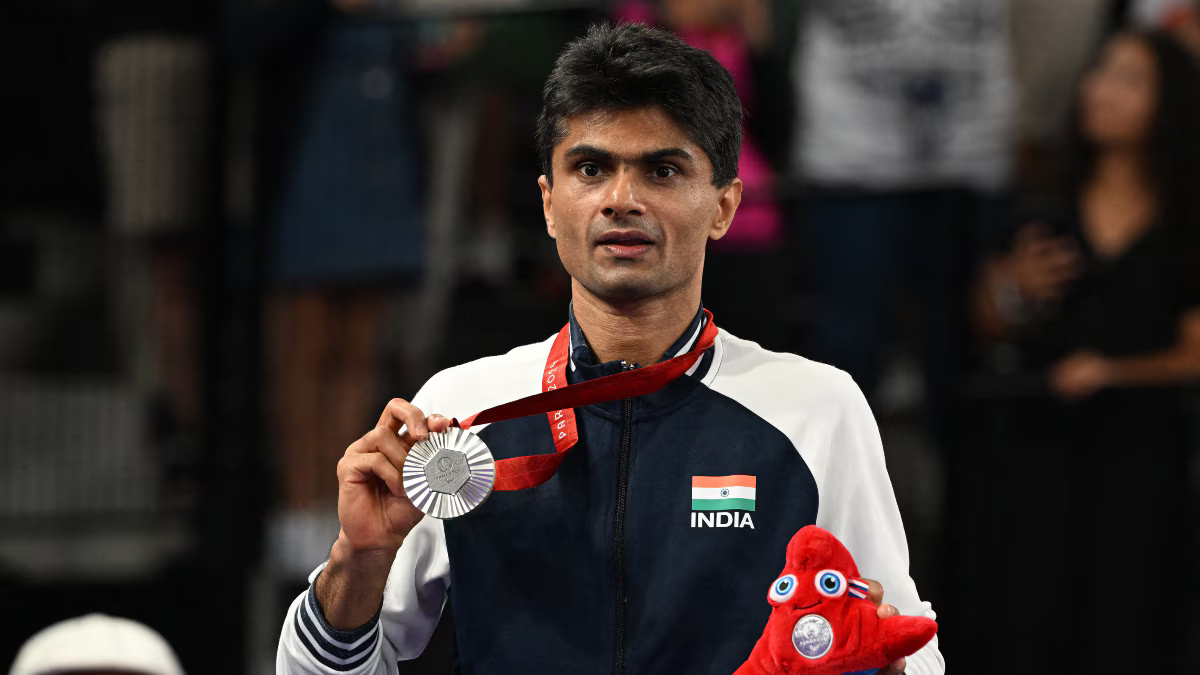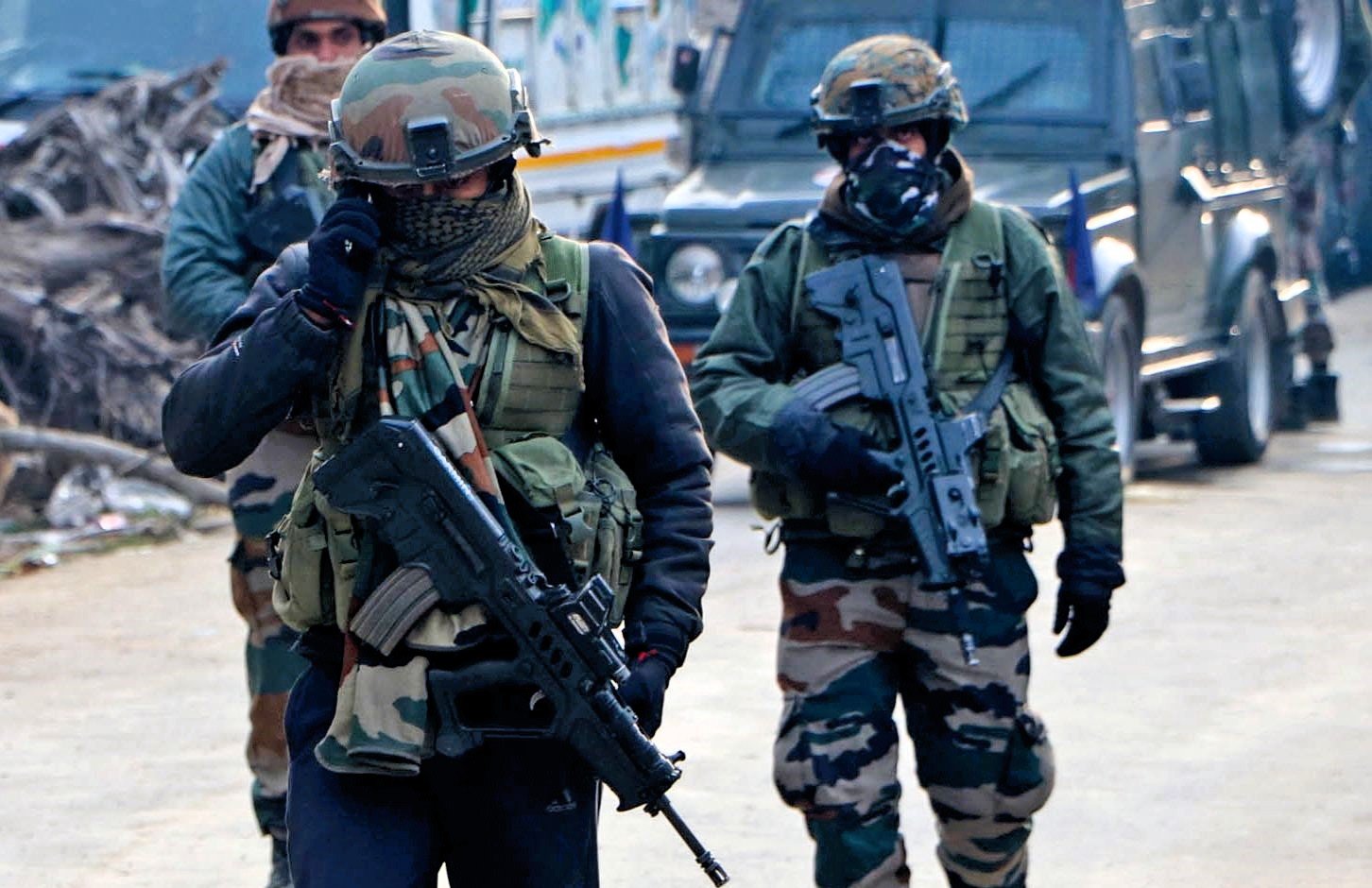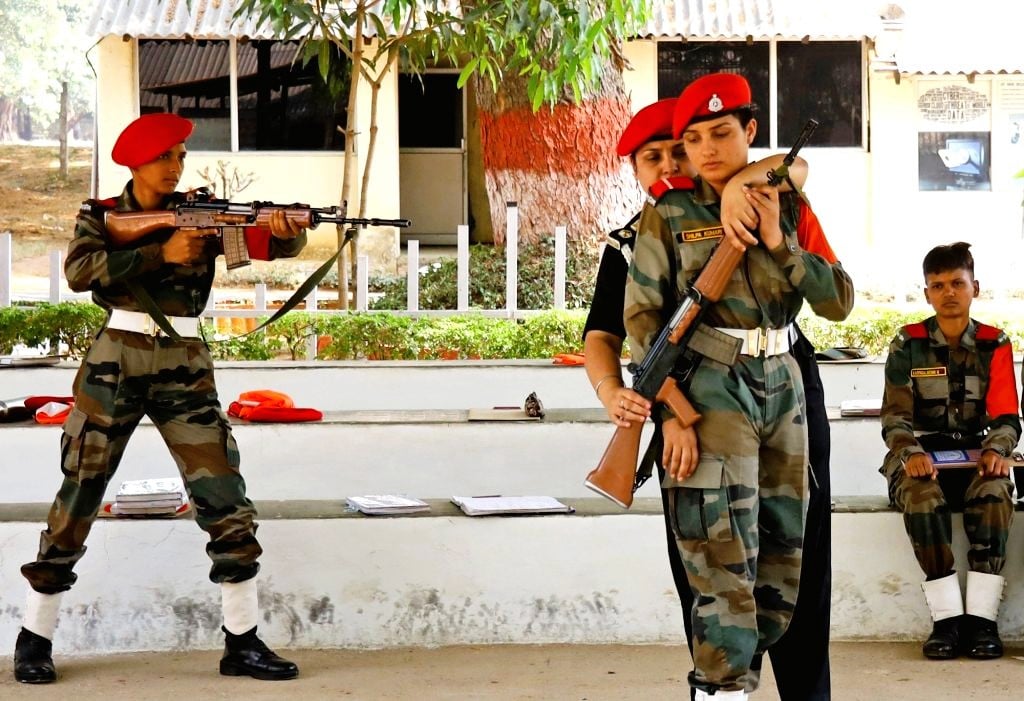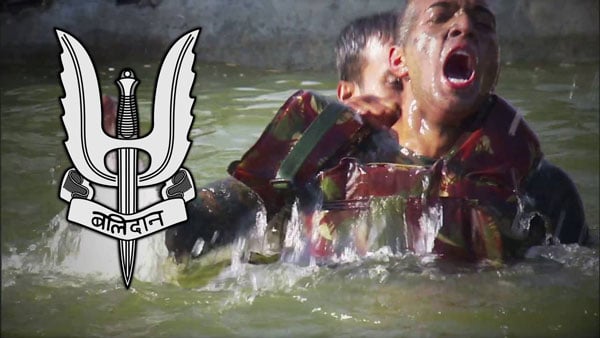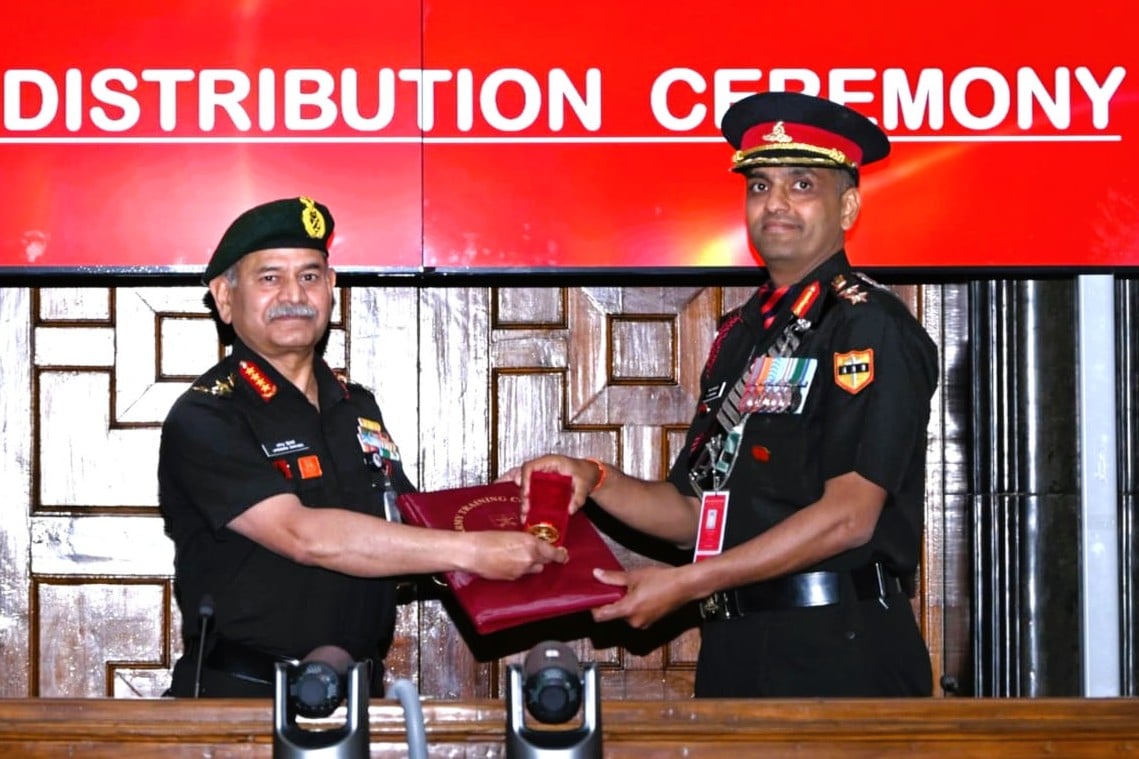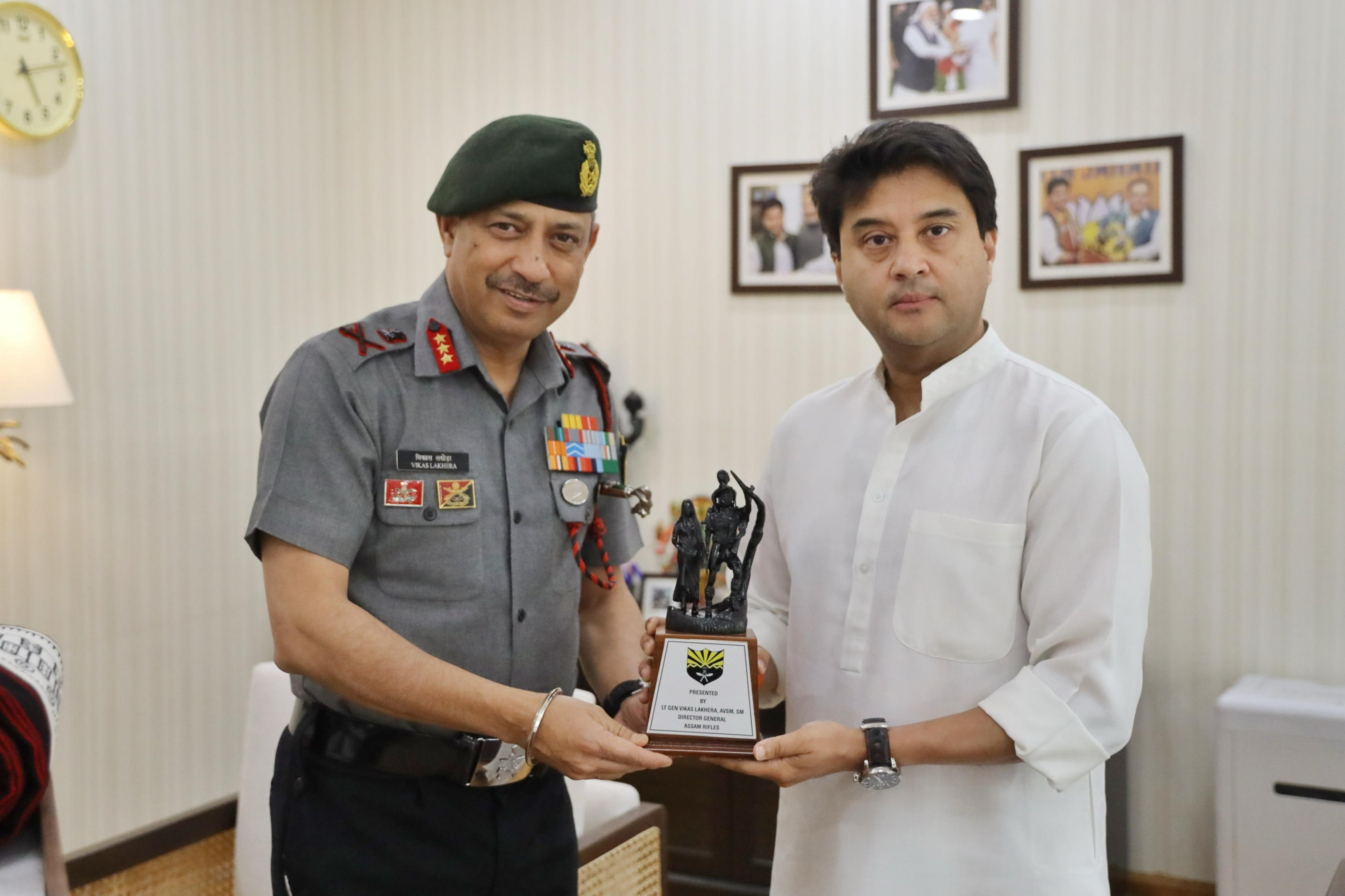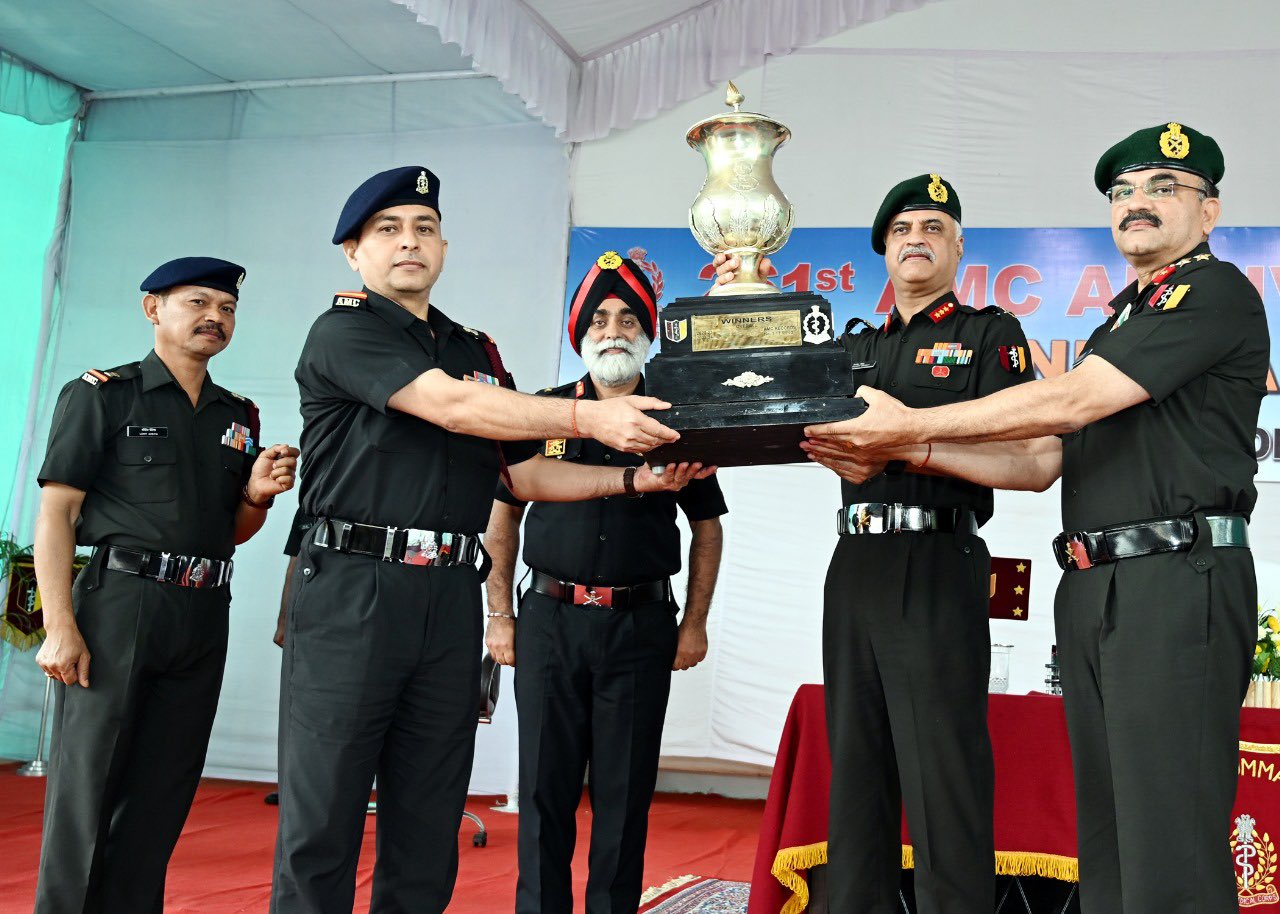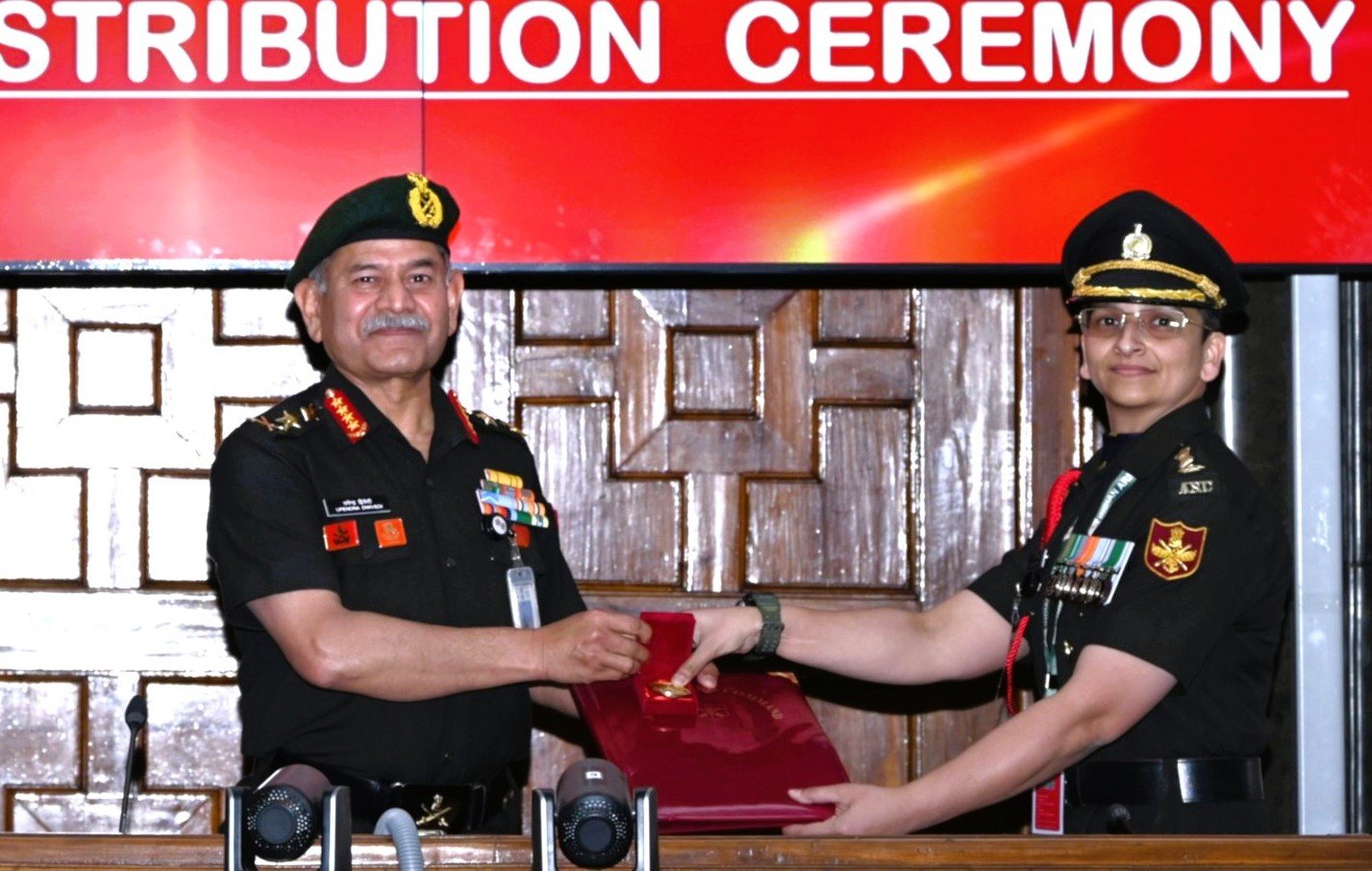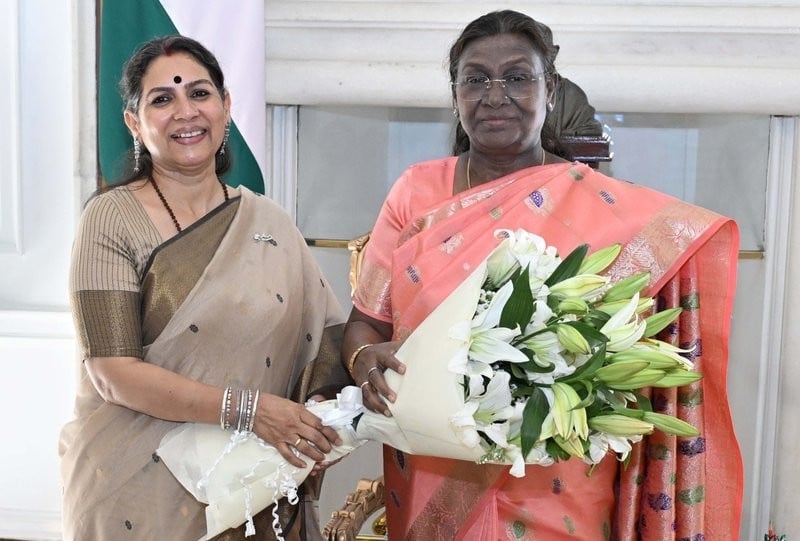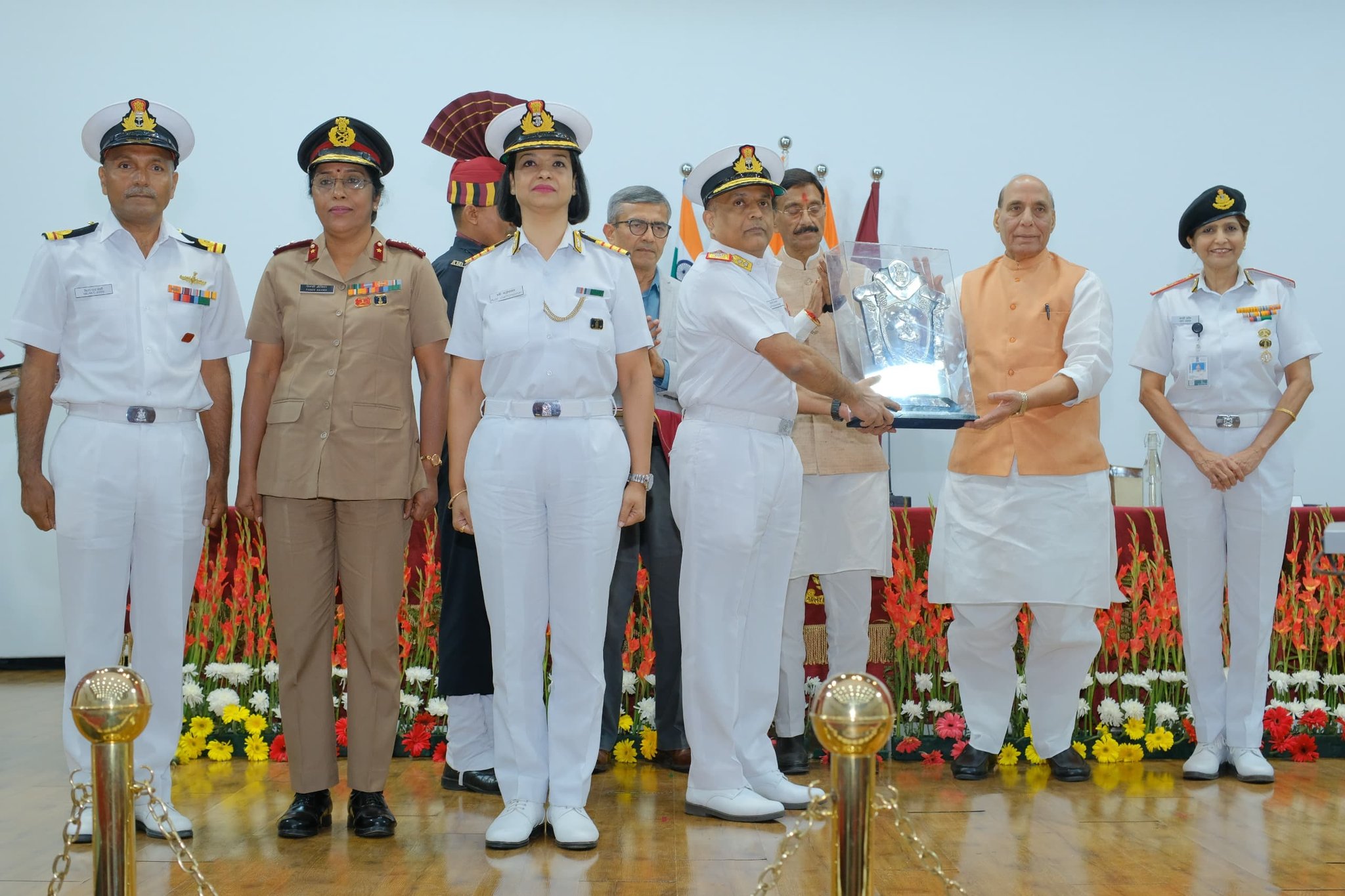Most officers lead a complex, technical life, with many highly specialized duties to perform. These duties are his responsibilities as an individual, and as a highly-trained, responsible member of an exacting profession. In addition, he has to lead his men. An officer does not exist for his individual, personal value, but for his ability to show the way and make his men want to follow. This is indeed the core of the officer’s existence and, without it no hope exists of grappling with the tasks of command. It is seen at its simplest in warlike operations, but the power to lead smoothes the way of every task in every branch of a military organization, whether in war or peace. It breathes that vitality into an organization that will take a collection of men, buildings and machines, and waken them to purposeful, effective life. How is it done? First, by force of character. Clearly, people are not all born with the same characteristics,
It breathes that vitality into an organization that will take a collection of men, buildings and machines, and waken them to purposeful, effective life. How is it done? First, by force of character. Clearly, people are not all born with the same characteristics,and some from their earliest years have felt the power to show others the way, and to influence their minds. We call them born leaders, and they are just that; born with strong, independent, assertive minds just as some are born with a good natural physique. But this is not to say that the characteristics of effective leadership cannot be acquired, just as a good physique can be cultivated with suitable effort.
In all of the words spoken and written about leadership, one fundamental point continually emerges; namely that, for most, the skills of leadership are not normally acquired instantly. The training of a leader, whether it be formal or through experiences, takes many years. Appropriate experiences are necessary, both to build and develop the leader’s own force of character, and also to increase his ability to influence others.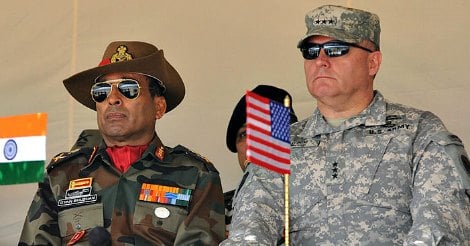
Military and naval history is full of effective leaders such as Gen KM Cariappa, Gen SHFJ Manekshaw, George Washington, Wellington, Nelson, Bonaparte, Montgomery and Rommel who rose to the top, not by preferment or substantial support from acolytes, but simply because of their abilities, both strategic and personal, which enabled them to inspire their men and, most importantly, achieve military success.
Indian Army
Factor – I
(a) Effective Intelligence
(b) Reasoning Ability
(c) Organising Ability
(d) Power of Expression
Factor – II Social Adjustment
(e) Social Adaptability
(f) Co-operation
(g) Sense of Responsibility
Factor – III Social Effectiveness
(h) Initiative
(i) Self Confidence
(j) Speed of Decision
(k) Ability to Influence the Group
(l) Liveliness
Factor – IV Dynamic
(m) Determination
(n) Courage
(o) Stamina
US ARMY
(a) Bearing
(b) Courage (Physical and Moral)
(c) Decisiveness
(d) Endurance
(e) Initiative
(f) Integrity
(g) Judgement
(h) Justice
(i) Loyalty
(j) Tact
(k) Unselfishness
So these are different OLQs which are required to be an Indian army officer and an office in the US army. Hope this information will help the defence aspirants.
To crack SSB and AFSB interview, we recommend you to get “Let’s Crack SSB Interview” book from Amazon.
Download eBooks:
ref: International Journal of Scientific and Research Publications


